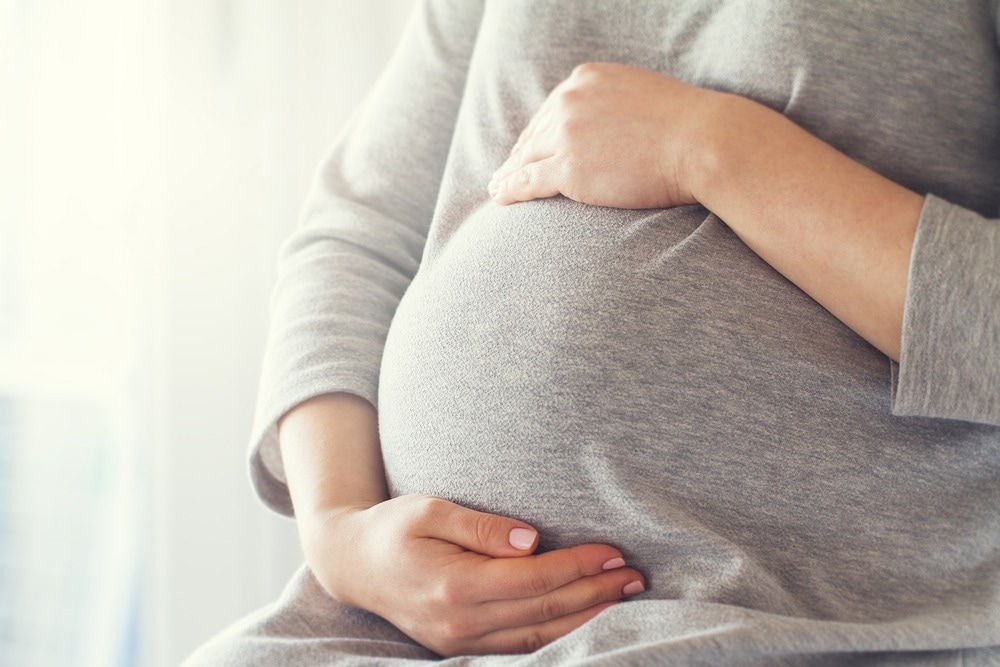In South Korea, the severe acute respiratory syndrome coronavirus 2 (SARS-CoV-2), the virus responsible for the coronavirus disease 2019 (COVID-19) pandemic, has infected a considerable number of pregnant women, including those who have delivered by cesarean section. Pregnancy is considered a high-risk factor for severe COVID-19, particularly among infections due to the SARS-CoV-2 Delta variant.
The clinical course of infection with the SARS-CoV-2 Omicron variant remains unknown in pregnant women. Furthermore, due to the low vaccination rate of less than 10% in South Korea, information regarding COVID-19 vaccine efficacy in pregnant women is also insufficient.
Study: Impact of vaccination and the omicron variant on COVID-19 severity in pregnant women. Image Credit: nerudol / Shutterstock.com
A new American Journal of Infection Control study assesses the clinical outcomes of COVID-19 in pregnant women to determine whether Omicron and vaccination status impacted disease severity.
About the study
The current study was conducted between November 1, 2020, and March 7. 2022, and included a total of 224 pregnant women and 82 quarantine deliveries. Study participants were divided into two groups based on whether their hospital admission was before or after the emergence of the Omicron variant, as well as according to their vaccination status.
The clinical severity of COVID-19 was defined as “asymptomatic to mild” or “moderate to serious” based on the oxygen demand of the patients, the requirement for intensive care, and chest radiograph pneumonia findings. Maternal morbidities, including pneumonia diagnosed during hospital admission, intensive care admission, preterm birth, and requirement for pulmonology expert transfer, were also analyzed.
Study findings
About 42% of patients belonged to the Omicron group. Most women in both groups were in their third trimester of pregnancy and had an average age of 32 years.
The rates of maternal morbidity and moderate-to-severe disease decreased following the emergence of the Omicron variant. Oxygen demand was also higher in the before-Omicron group.
A total of 185 pregnant women were unvaccinated, while only 39 were vaccinated. Notably, the vaccination rate was higher in the Omicron group. The requirement for oxygen therapy and moderate-to-severe disease was lower in the vaccinated group as compared to the unvaccinated group.
Conclusions
The current study demonstrates that the clinical outcome of COVID-19 was more favorable among pregnant women after the emergence of the Omicron variant. Disease severity was also lower among pregnant women who had received at least one dose of the vaccine.
Importantly, the improvement in clinical outcomes can be due to either dominance of the Omicron variant or an increase in vaccination during that period. Further research is needed to confirm the accurate reason for improved clinical outcomes in pregnant women diagnosed with COVID-19.
Journal reference:
- Kim, H., Kim, H., Kim, H. M., et al. (2022). Impact of vaccination and the omicron variant on COVID-19 severity in pregnant women. American Journal of Infection Control. doi:10.1016/j.ajic.2022.07.023.









 Add Category
Add Category


